This one from John Sinclair’s Tuscan Word Centre, 2001. With Michael Barlow and Rosalía Crespo.
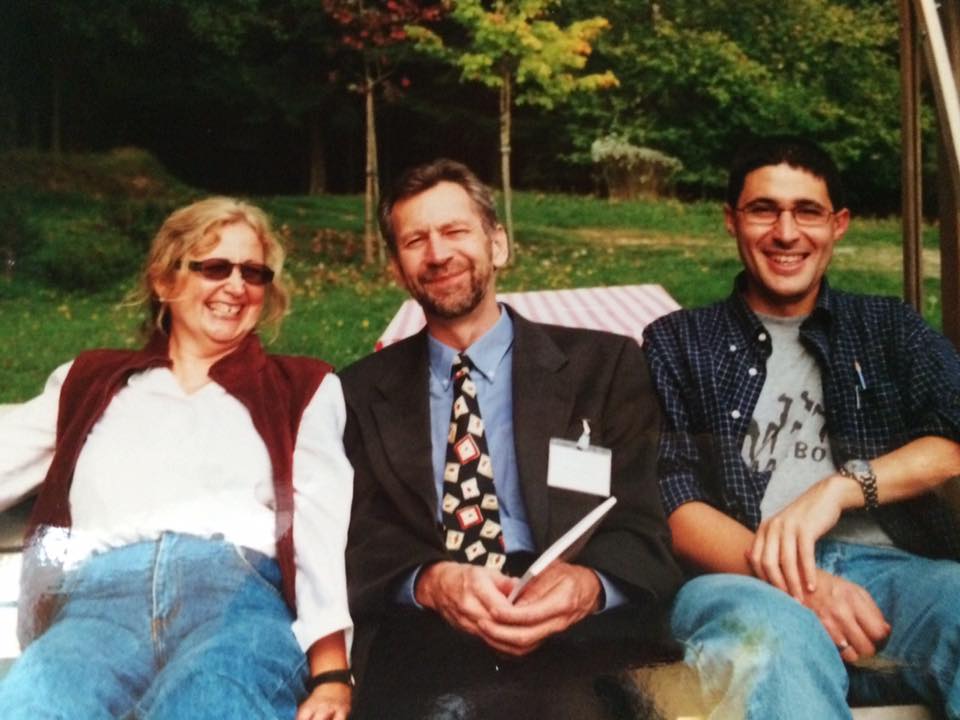
And this one with John Sinclair, Elena Tognini Bonelli, Michael Barlow, Nadja Nesselhauf, Susan Conrad and so many more.
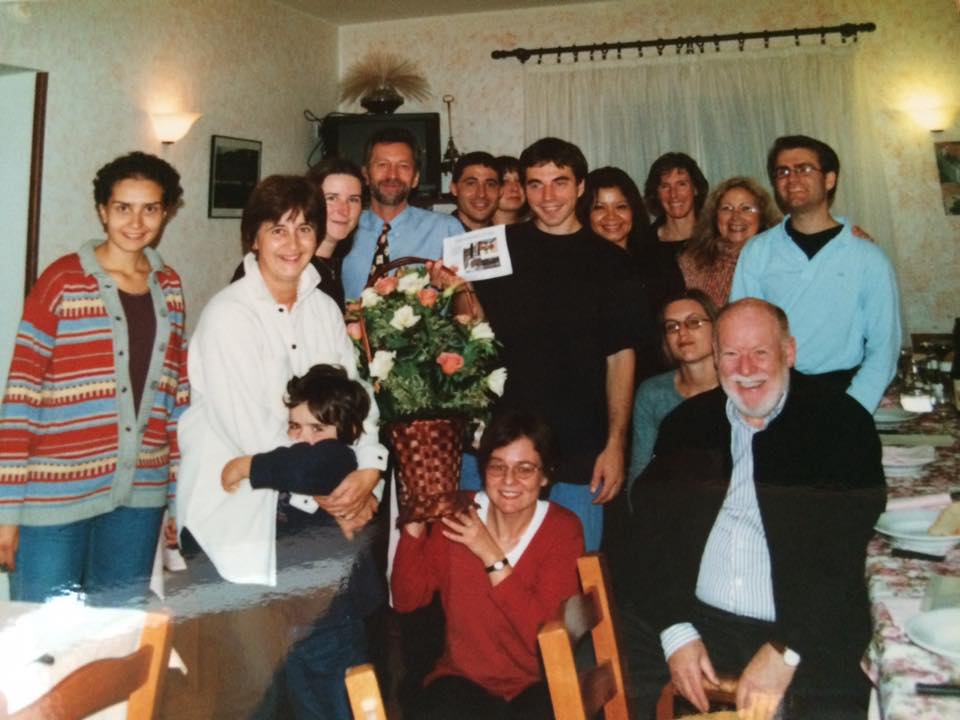
And the grand balcony pic
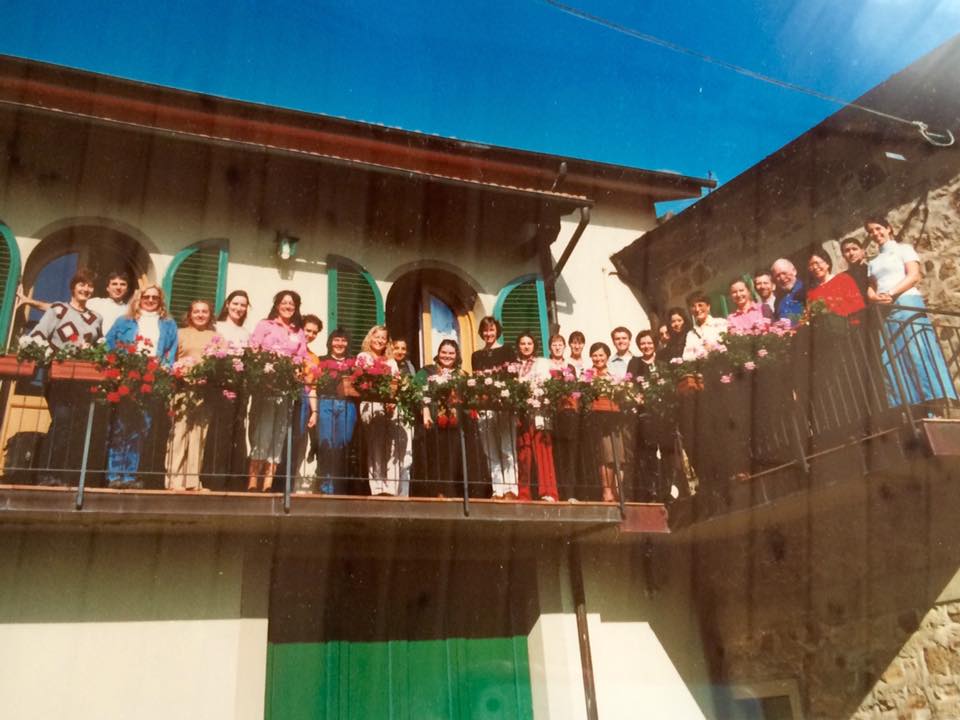
This one from John Sinclair’s Tuscan Word Centre, 2001. With Michael Barlow and Rosalía Crespo.

And this one with John Sinclair, Elena Tognini Bonelli, Michael Barlow, Nadja Nesselhauf, Susan Conrad and so many more.

And the grand balcony pic

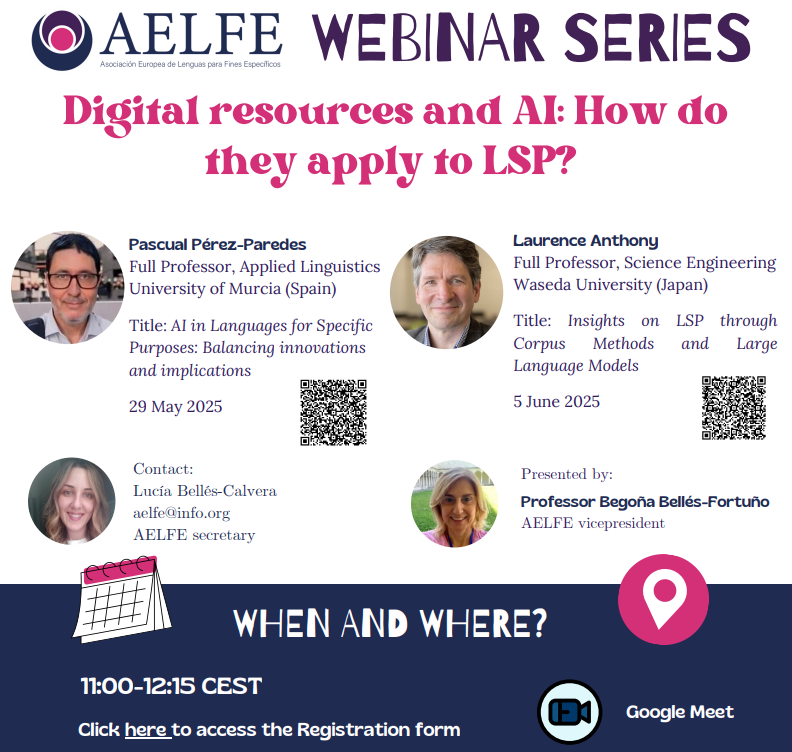
Basturkmen, H. (2025). Core Concepts in English for Specific Purposes. Cambridge: Cambridge University Press.
Eaton, Sarah E. 2023. Postplagiarism: transdisciplinary ethics and integrity in the age of artificial intelligence and neurotechnology. International Journal for Educational Integrity 19(1), 23.
Han, Z. (2024). Chatgpt in and for second language acquisition: A call for systematic research. Studies in Second Language Acquisition, 46(2), 301-306.
Lévy, Pierre. 2025. Symbolism, Digital Culture and Artificial Intelligence. RED. Revista de Educación a Distancia 81(25). 1-20.
Pérez-Paredes, P. & Aguado-Jiménez, P. (forthcoming). Language for Specific Purposes Research Methods. In Ruth Breeze & Carmen Sancho (Eds.) The Encyclopaedia of Applied Linguistics. Wiley.
Pérez-Paredes, P. Curry, N. & Ordoñana-Guillamón, C. (2025). Critical AI literacy for applied linguistics and language education students. Journal of China Computer-Assisted Language Learning (JCCALL). Special Issue Theme: Cultivating AI literacy in language education. https://doi.org/10.1515/jccall-2025-0005
Pérez-Paredes, P. Curry, N. & Aguado Jiménez, P. (forthcoming). Enriching AI literacy with corpus-based pedagogy. Computer-Assisted Language Learning. Special Issue Theme: Corpus-Based Language Pedagogy in the AI era Special issue for Computer Assisted Language Learning.
Youtube videos
3 créditos
Info URL
Fecha de celebración: 1-15 Julio 2025
Preinscripción hasta 8 junio 2025
Dirección: Dr Alejandro Curado Fuentes, Universidad de Extremadura
E-mail: acurado@unex.es
Dr Alejandro Curado Fuentes
Prof Pascual Pérez-Paredes, Universidad de Murcia
Preinscripción: 26/05/2025 – 08/06/2025
Matrícula: 09/06/2025 – 29/06/2025
Impartición: 01/07/2025 – 15/07/2025
Lugar de celebración
Campus Virtual UEx
Presentación de solicitudes
Url: https://formacionpermanente.unex.es/funciones/matricula-de-alumnos/
Importe de la matrícula
Importe: 0 €
Universidad de Extremadura

Artificial Intelligence and Language Education (AILE) is a peer-reviewed international open-access journal that focuses on the intersection of artificial intelligence (AI) and language education. The journal welcomes submissions addressing the theoretical, empirical, and practical dimensions of AI-driven advancements in language teaching, learning, and assessment. By bringing together research from linguists, educators, AI experts, and technologists, Artificial Intelligence and Language Education aims to contribute to the ongoing transformation of language education and foster a global dialogue on the role of AI in shaping the future of language learning.

Prof Pérez-Paredes has accepted the invitation to join the Editorial Board of this new journal. His academic background in linguistics and specialisation in corpus-assisted discourse studies equip Prof Pérez-Paredes to critically engage with emerging intersections between language, technology, and pedagogy. His research has explored how digital tools and AI-driven applications are reshaping language practices, both in formal education settings and in broader multilingual environments. He brings experience in analysing large-scale linguistic data and applying discourse methods to examine evolving communicative norms, which can support critical evaluation of AI’s role in shaping language education. Prof Péerez-Paredes is particularly interested in how generative AI tools affect learner agency, feedback mechanisms, and language ideologies, especially in multilingual and southern Europe.
Prof Pérez-Paredes looks forward to contributing to the journal’s mission by fostering interdisciplinary dialogues and supporting rigorous, ethically grounded scholarship in this fast-developing area.
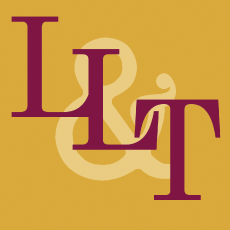
Call for papers – Vol. 31, Issue 2
Guest editors: Javad Zare, Kosar University of Bojnord, Iran, and Alex Boulton, Université de Lorraine, France
Language Learning & Technology has an active call for papers in a special issue on Generative AI and data-driven learning in second language learning: What the future holds, guest edited by Javad Zare and Alex Boulton.
Abstracts for this special issue Call for Papers should be no more than 500 words and should describe the study’s aim, methodology, findings related to L2 learning outcomes, and how these findings can be used in classroom contexts to enhance L2 teaching and learning with technology. To be considered for this special issue, which will appear in volume 31, issue 2 in June of 2027, please submit a title and a 500-word abstract through this online form by June 1, 2025.
Details for the call for proposals are available on our website: https://www.lltjournal.org/post/21/